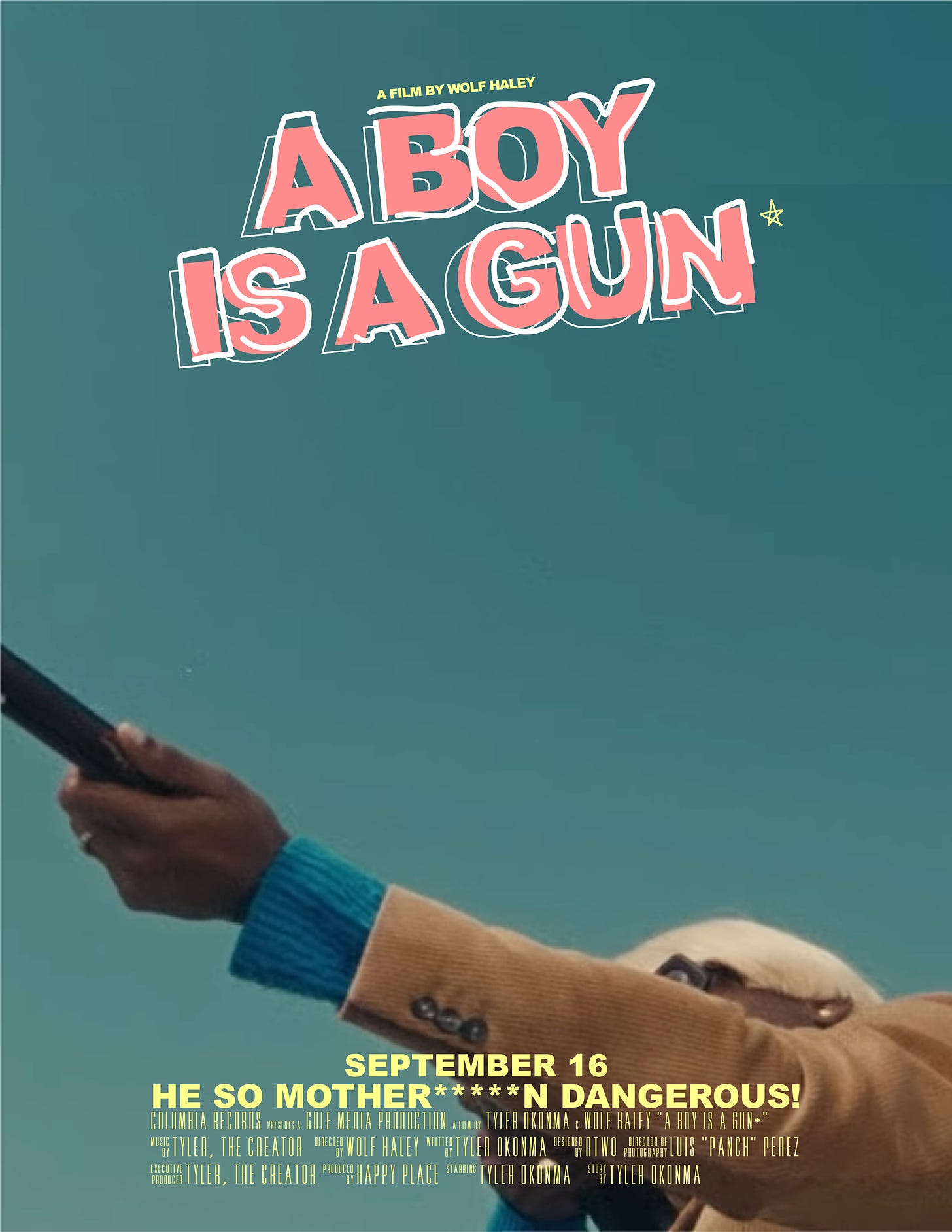There’s something about Luigi. You know the one. The martyr who assassinated the UnitedHealthcare CEO to avenge the millions of Americans struggling under the foot of a predatory healthcare system. Or, the vicious killer who senselessly murdered 50-year-old Brian Thompson, dedicated husband and father of two. Depending on who you ask, he’s just a regular-degular boy who was radicalized after a life-changing spinal injury. His Goodreads suggests that he is a voracious reader, devouring classic dude-literature like Sapiens, How To Change Your Mind, and The Lorax. One minute, Luigi is outed as a Charli xcx stan. The next second, he is into skateboarding. He, first, was rapidly claimed by The Left. But then, after inspecting who he subscribed to on Substack, he was assumed to be in bed with The Right. Maybe he’s bi-partisan. What I mean by that is: he’s apparently bisexual and has even hooked up with Caroline Calloway. He has also been a valedictorian. But above all, he’s Italian.
The fragments that piece together the identity of an American boy are hard to decipher. With every new piece of information manically presented, we construct a shoddy mosaic that brings us no closer to understanding Luigi or those like him. Each sharp edge of identity found – his rich grandmother who left him millions, his tendency to leave messages on bullets (The Bullet Journal Method was also found on his Goodreads) – refutes the last, rendering him unknowable. And yet, we line the edges of what we discover with gold lacquer to glue and build back this broken man into something bigger than what he was before. In Japan, they call this kintsugi but, on LOOSEY, we call it parasocial. We’re all mad about the boy. Some are even angry, too.
The race to understanding Luigi is synonymous with the reactionary interest in young men's sensibilities since the US election's outcome. The growing fear that America’s young men have become ‘radicalized’ is palpable with characterizations that are both haunting and sweeping. Plagued by the Joe Rogan podcast. Porn-sick and involuntary celibate. And worst of all, John Summit fans.
In an essay for The New Yorker titled ‘What’s The Matter With Young Male Voters?’ Jay Caspian Kang predicted that:
“If Harris loses the election to Donald Trump, I imagine the young, disaffected men will ultimately become the focus of a lot of bewilderment and hand-wringing, for the very simple reason that the children are our future and nothing is scarier than angry dudes.”
Understanding if Luigi is ‘one of the good ones’ and, therefore, a fierce defender of the rights and freedoms of America’s most weak, or ‘one of the bad ones’ and, thus, a weirdo, Unabomber-manifesto-writing-copycat-cuck, is tantamount to understanding what to do with this country’s young men. No one can figure them out. The fragmentation leads to an endless opaque. But no man can represent a monolith. And a monolith is made up of many men.

I am fascinated by the fluidity of Luigi’s identity. He shapeshifts depending on who is speaking and what information is deemed relevant. Years from now, I wonder if one of the best indicators of someone’s values and politics will be how they described Luigi in this particular moment. Rather than a man, Luigi becomes more of an object, a symbol that functions for the sake of the speaker’s argument or story. Is he a hero? Is he Himbo? A horror? We are quick to dress Luigi up, like a plaything, and project our fantasies on him. He’s ‘just Ken,’ an infantilized grown-ass man. With moving parts and legs that bend.
The way we discuss Luigi is similar to how we project identities on the other men of the mainstream. In an essay called ‘A Leading Man,’ I expand on why this is:
“Like women, society processes the new leading man as an object, obsessing over what he is wearing rather than what he is saying…
A lot of this can be attributed to our insatiable hunger for content and how publicity functions on the internet, but it cannot be ignored that the leading man has potentially fallen victim to a patriarchy of his own creation…
The leading man of today is infantilized. Our parasocial relationships paint the leading man of today as someone who needs coddling, almost as a damsel duke in distress, with childish monikers like ‘baby girl’ for Elordi or overly protective stan accounts like Club Chalamet.”
But maybe it’s really not that deep. Maybe we just love making excuses for hot men. The ‘I can fix him’ and ‘But, Daddy I love him’ of it all but instead of your ex-boyfriend, he’s a murderer1. Unlike the nuanced portrayals of women we see on screen that viewers can barely handle, society can actually handle a complex man. We are taught to listen to him. We are trained to offer him pity and support. Above all, to establish a narrative and lore around him. Ryan Atwood in The O.C. Chuck Bass in Gossip Girl. Ash Ketchum in Pokémon. Sawyer on Lost. Lawrence on Insecure. Nate in Euphoria. Vegeta in Dragon Ball Z. Don Draper in Mad Men. Omar Little in The Wire. Walter White in Breaking Bad. Nicolas Brody in Homeland. Earn in Atlanta. Kendall Roy in Succession. Carmy in The Bear. Adam in Girls. Because of our media diet, we are in a perpetual situationship with complicated men. Complex boys that ‘only’ we can ‘understand.’ Perhaps, with Luigi it’s no different.
A parasocial relationship is like a crush in that it is a fantasy borne out of a lack of information. I believe that the quickest way to get over a crush is to get to know them. To ‘meet your idol.’ The spell will break: you’ll either get the ick or, if you’re lucky, it will turn into love. But the crush phase cannot last forever. When, and if, Luigi gets to address his nation of fans and enemies, whether on trial or elsewhere, I’m curious who he will reveal himself to be. I’m curious about which of the Luigi variants we’ve concocted in Luigi’s Mansion will be the closest to whom we meet. Either way, I’m preparing for a letdown. No man can ever meet the expectations of who you build him up to be. Even Jesus ended up on the cross. Remember, it’s called crush for a reason. Not only for the feeling it leaves you with but for how we will leave him after we’ve all run through.
LOOSEY is a bi-weekly newsletter about culture, technology, and the way we live. If this is something you like, consider subscribing and sharing. Let’s be friends on Instagram.
The two aren’t always mutually exclusive.









What an excellent piece. The amount of themes and motifs this man has created is hard to keep up with. Very well captured Brendon
“Because of our media diet, we are in a perpetual situationship with complicated men.” lol-ing at this but you expressed it perfectly! So so true and definitely a conversation we all need to have more